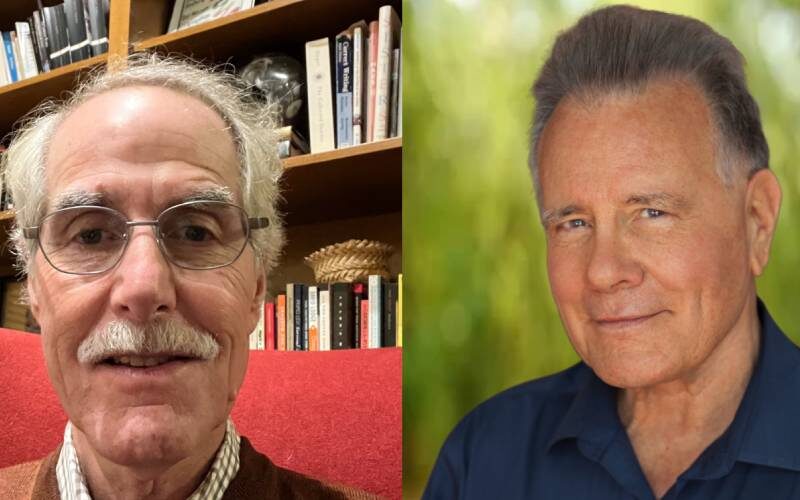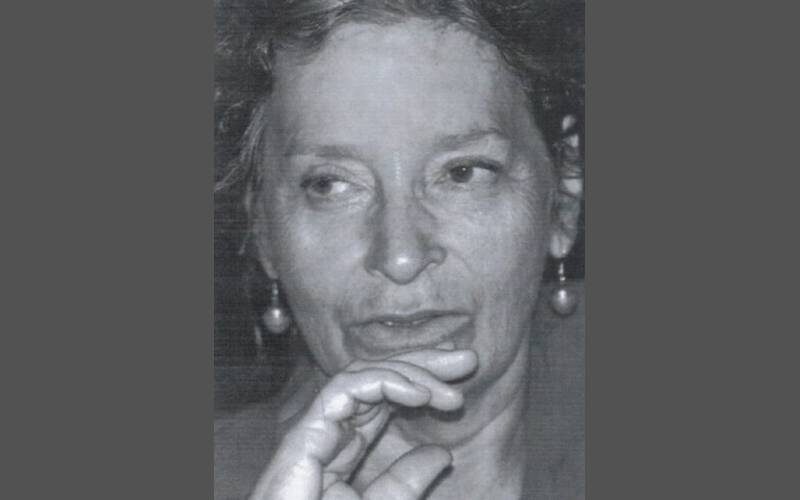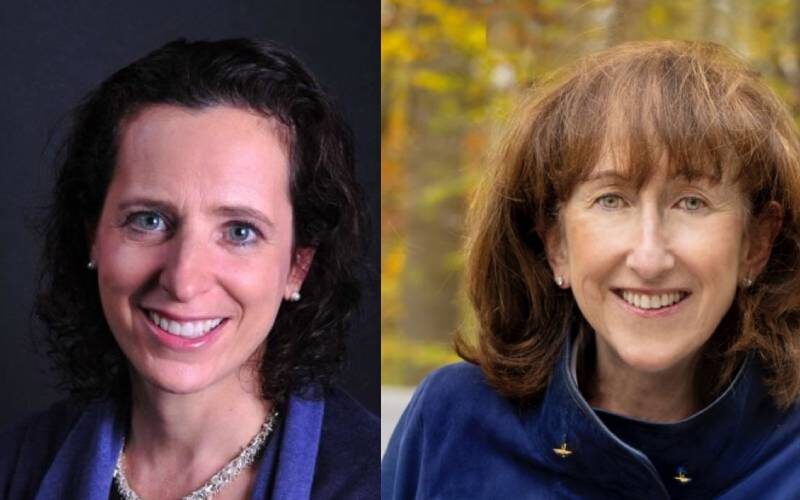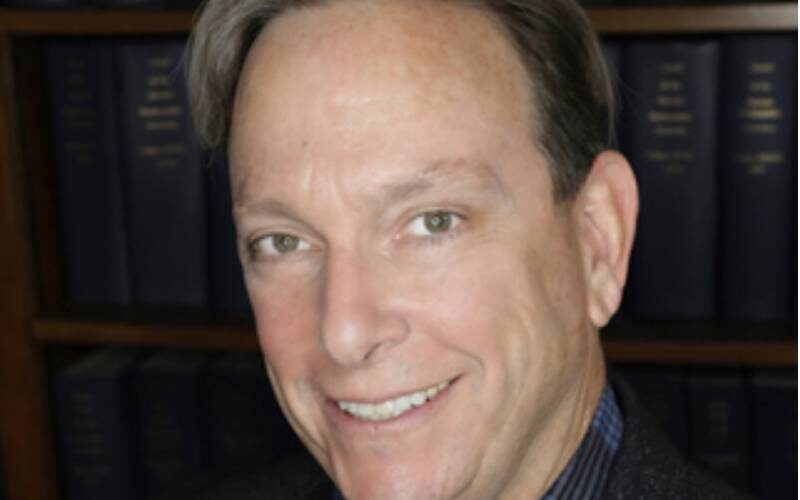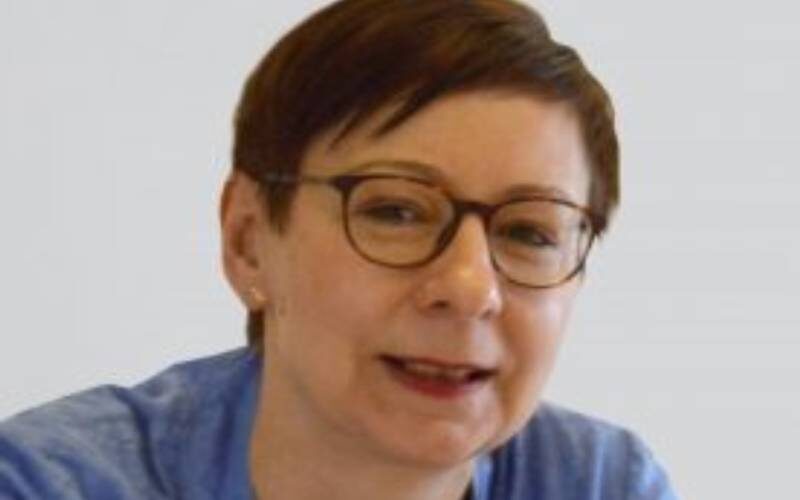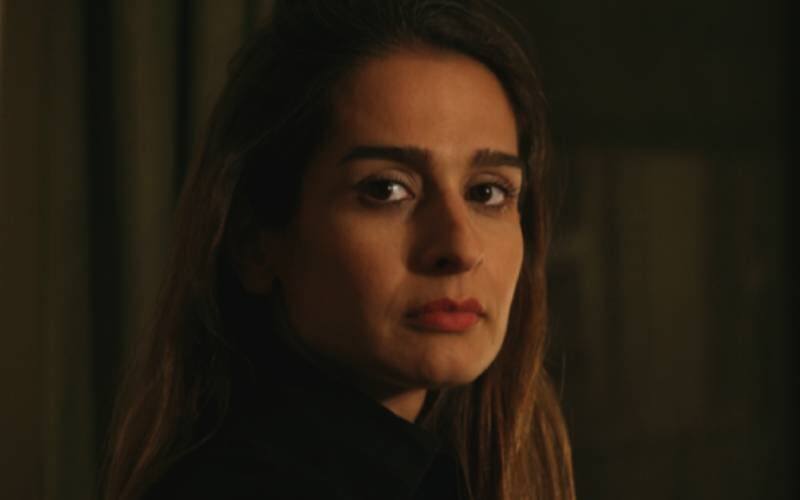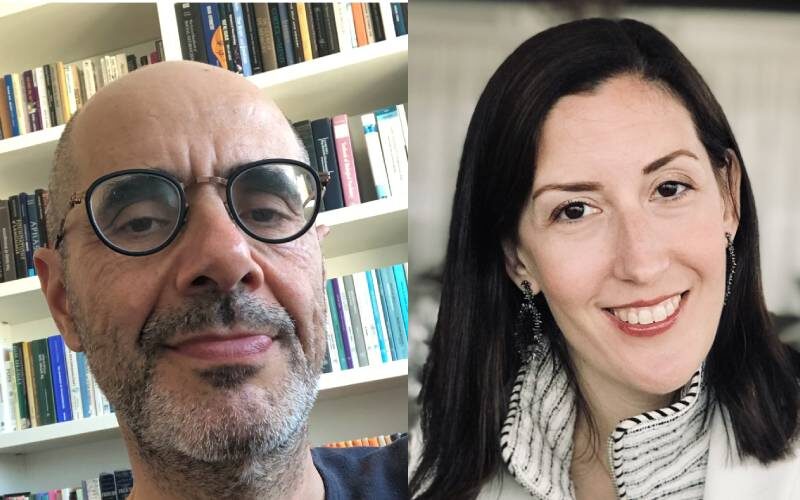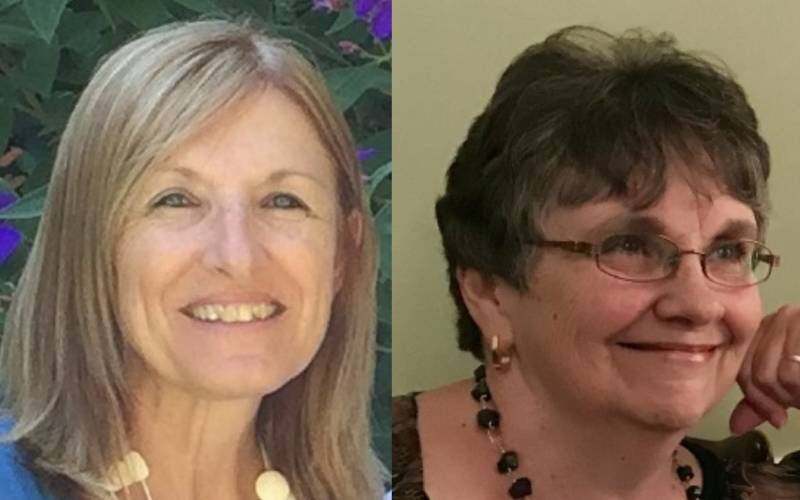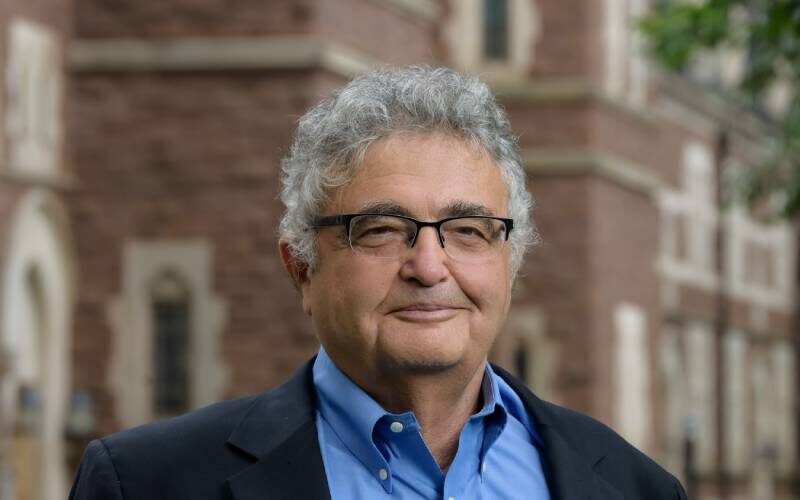Episode 125: Psychoanalysis and Opera – rejoining the verbal and non-verbal with Steven Goldberg, MD and Lee Rather, Ph.D. (San Francisco)
“Unconsciously, or sometimes just without really focusing on it, we’re always responding to the musicality of the patient’s voice. I think that careful listening and study of opera really hones our ability to do that. We pay more attention to it and we can potentially make not just unconscious use of it but also conscious…
Read MorePodcast: Play in new window | Download

